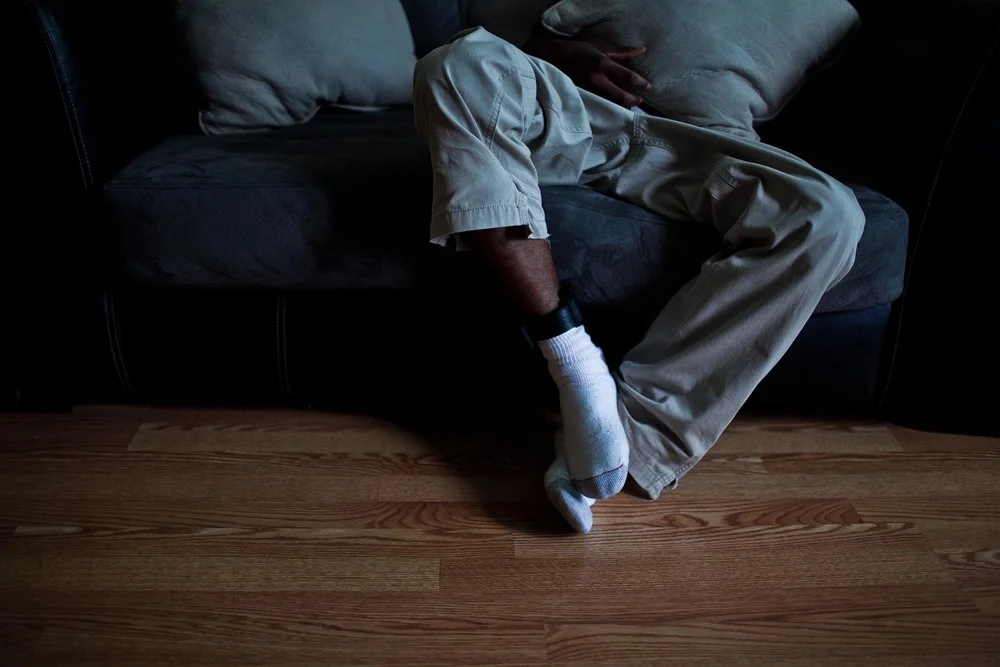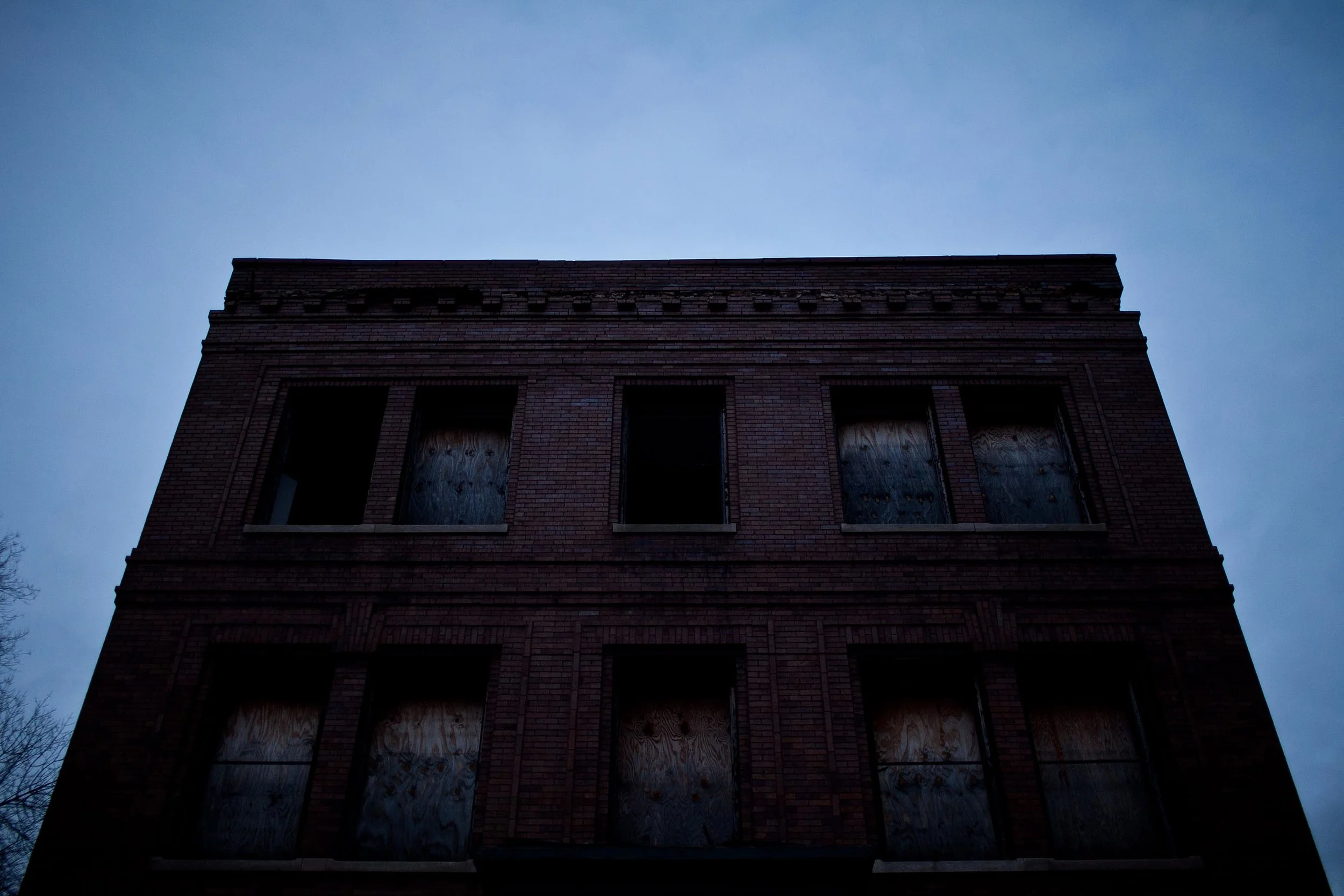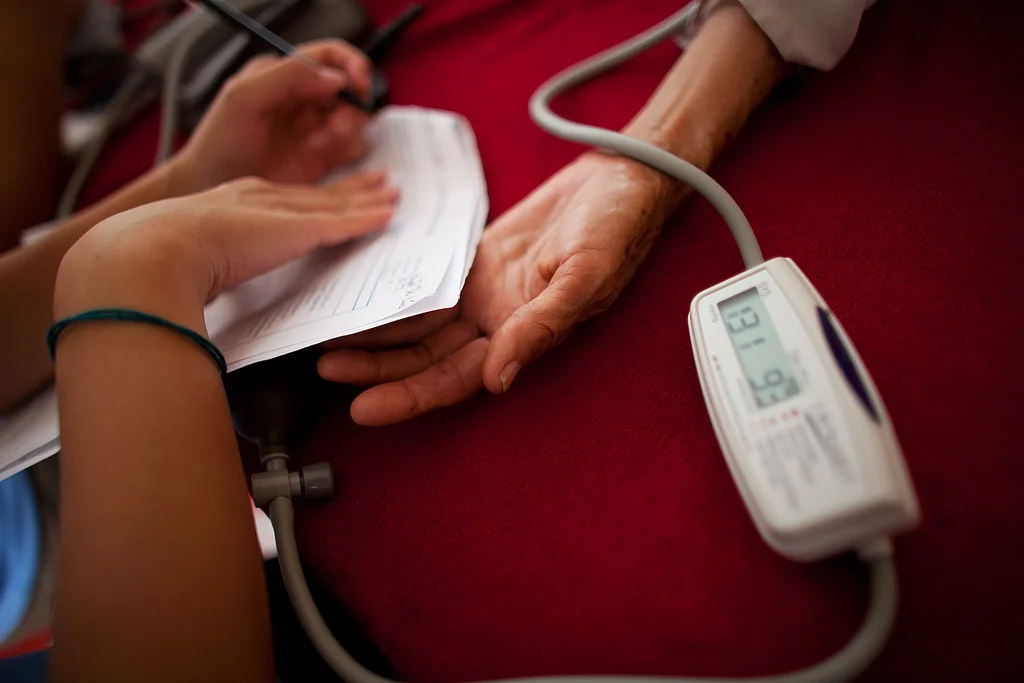Juveniles in Adult Courts
Jemarco Baldon, 17, was arrested for allegedly selling $80 worth of heroin to undercover police officers. Illinois is one of 10 states that automatically sends 17-year-olds facing felony charges to adult court. More 17-year-olds are arrested on felony charges in Chicago than in any other city nationwide.
Youth transferred to adult court are more likely to re-offend than those sent to the juvenile justice system for the same type of offense and with similar prior records. Of those youth who committed new crimes, those sent to adult court re-offended at around twice the rate of those sent to juvenile court.
Englewood's Vacant Properties
More than a third—or 8,354—of Chicago's vacant properties sit in communities impacted by school closings.
Englewood's John P. Altgeld Elementary School has more vacant properties within its attendance boundaries than any other school facing closure. 674 abandoned properties in the area have landed on the Chicago Department of Buildings' vacant property registry since 2010.
Since 2011, the city has spent nearly $17 million boarding up or demolishing properties in the communities where 54 elementary schools are slated to be closed in the fall.
Surviving Chicago's Violence
In 2012, there were 506 homicides in America's reigning murder capital and a total of 2,460 incidents where at least one person was shot. Away from the memorials of flowers and gravesides of the dead are the wounded survivors of the cities violence.
14-year-old Ondelee Perteet was shot in the jaw at a birthday party on Chicago's West Side in 2009. The bullet severed his spine, paralyzing him from the neck down. His doctors told him that he would never walk again, but three years later, he is walking with the help of crutches.
Produced by Carlos Javier Ortiz
in collaboration with Jonathan Gibby
Doctors of the Mekong
The Project Vietnam Foundation is a collective of American doctors and volunteers that work towards the improvement of healthcare for newborn and pediatric emergency services, promote sustainable standards for infection control, and provide primary care in the needy provinces of Vietnam.
The majority of the doctors left the country as teenagers during what locals commonly refer to as “The American War” and have returned every year since 1996.



